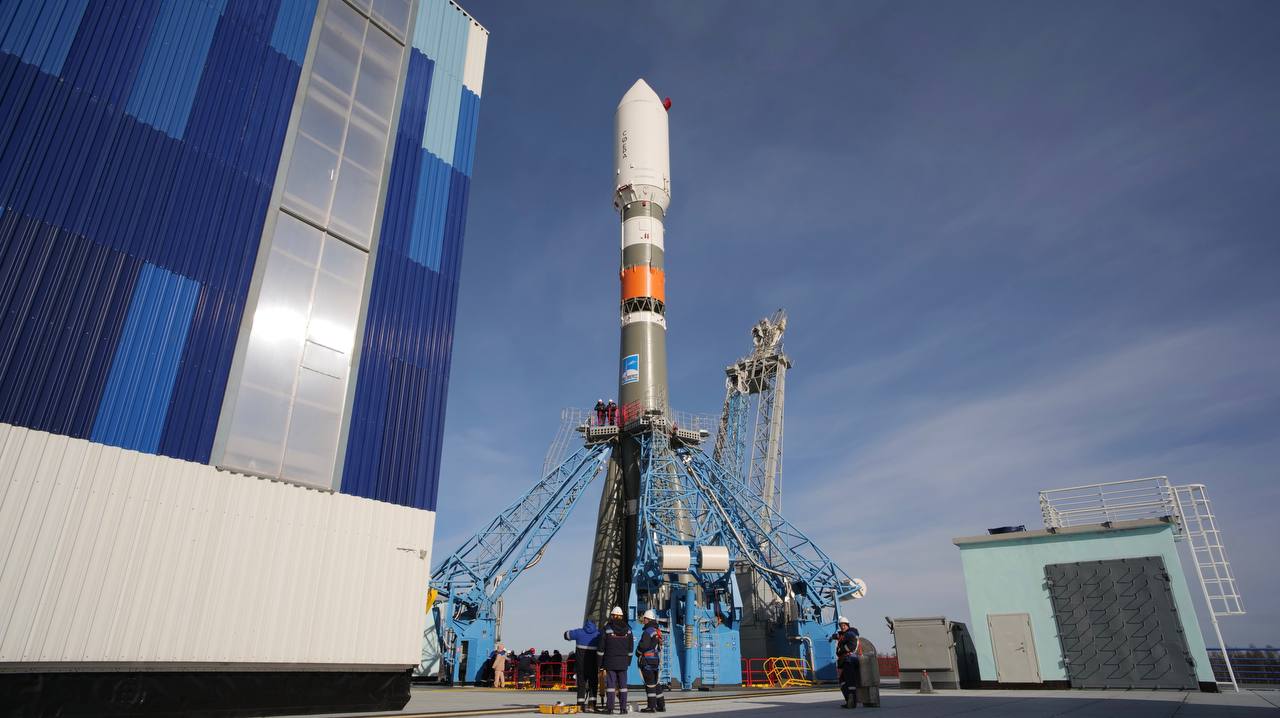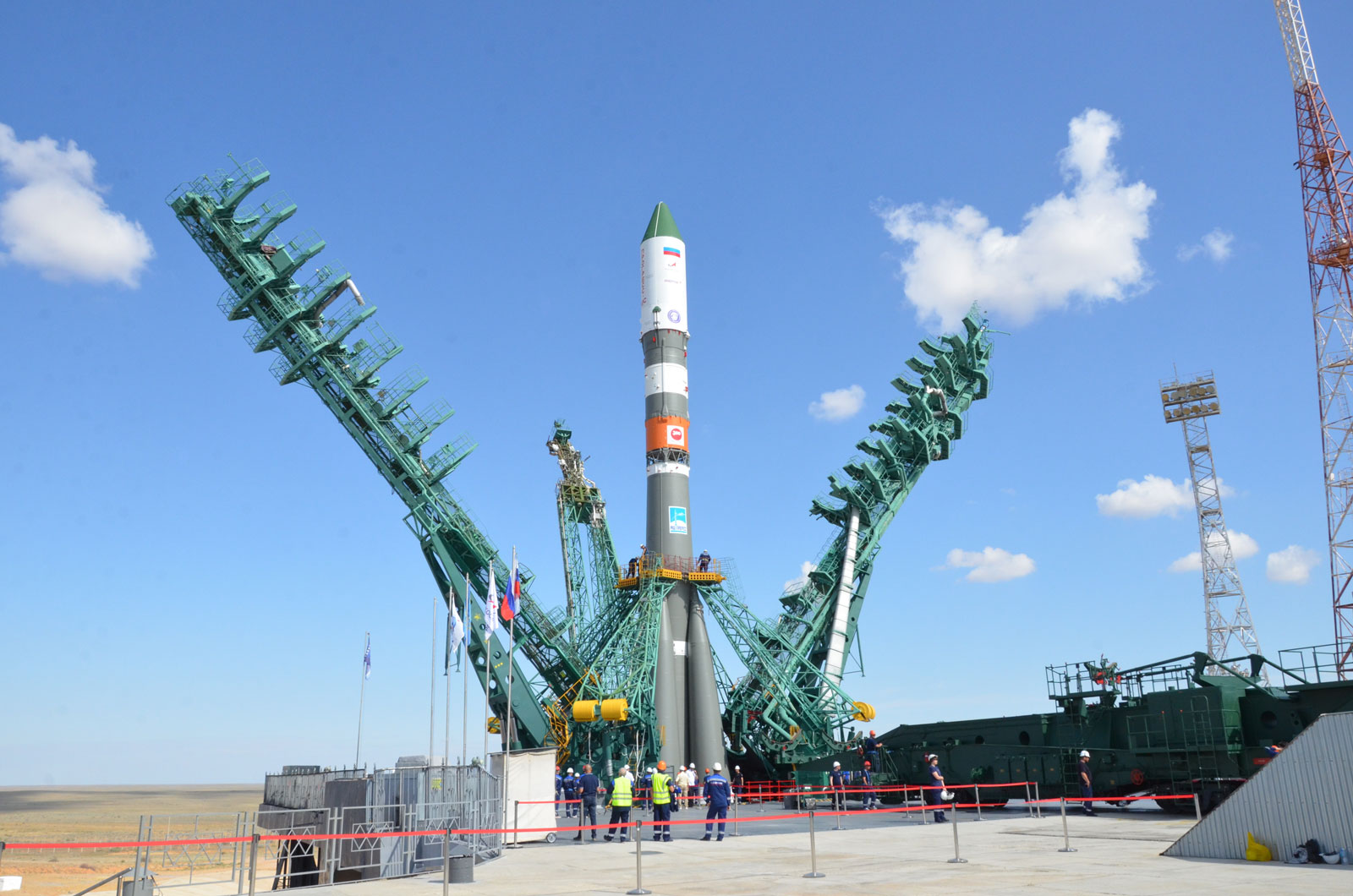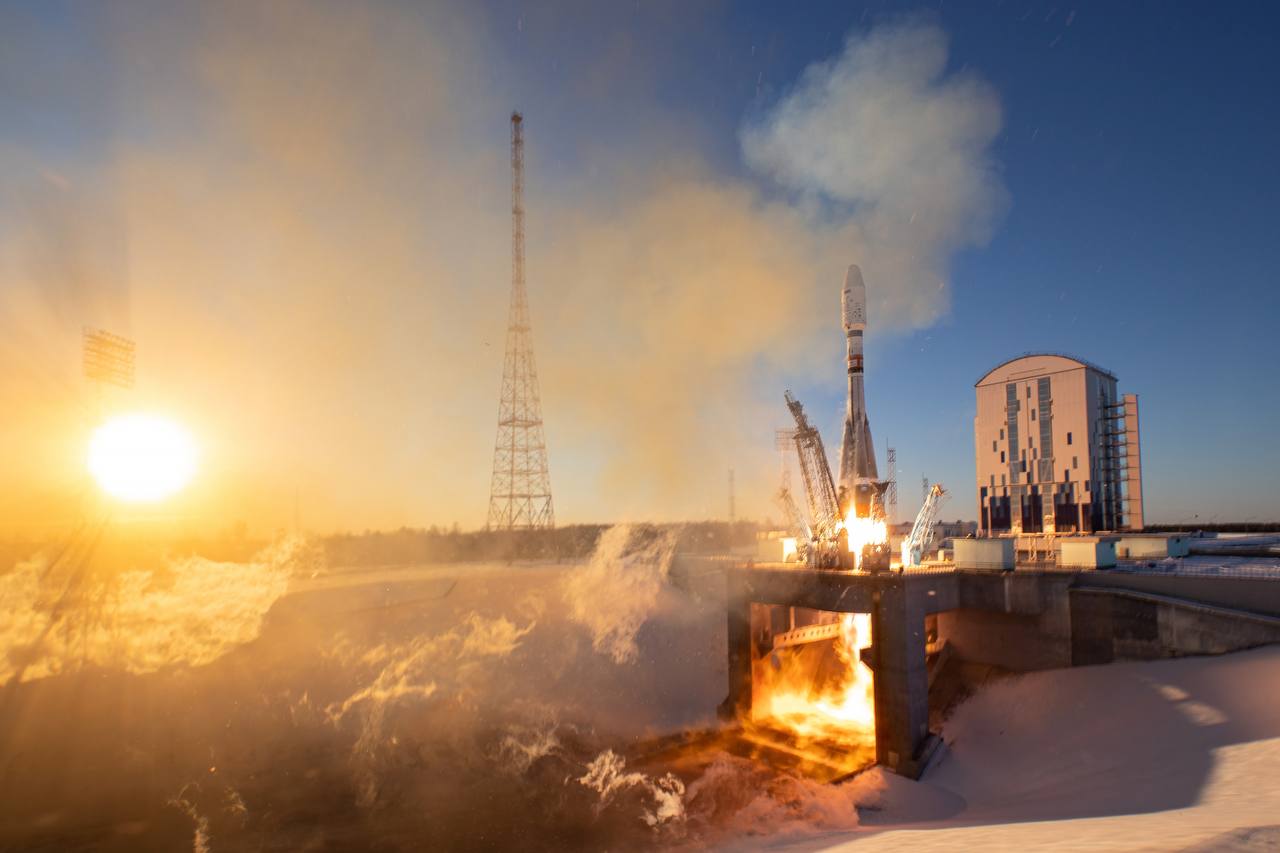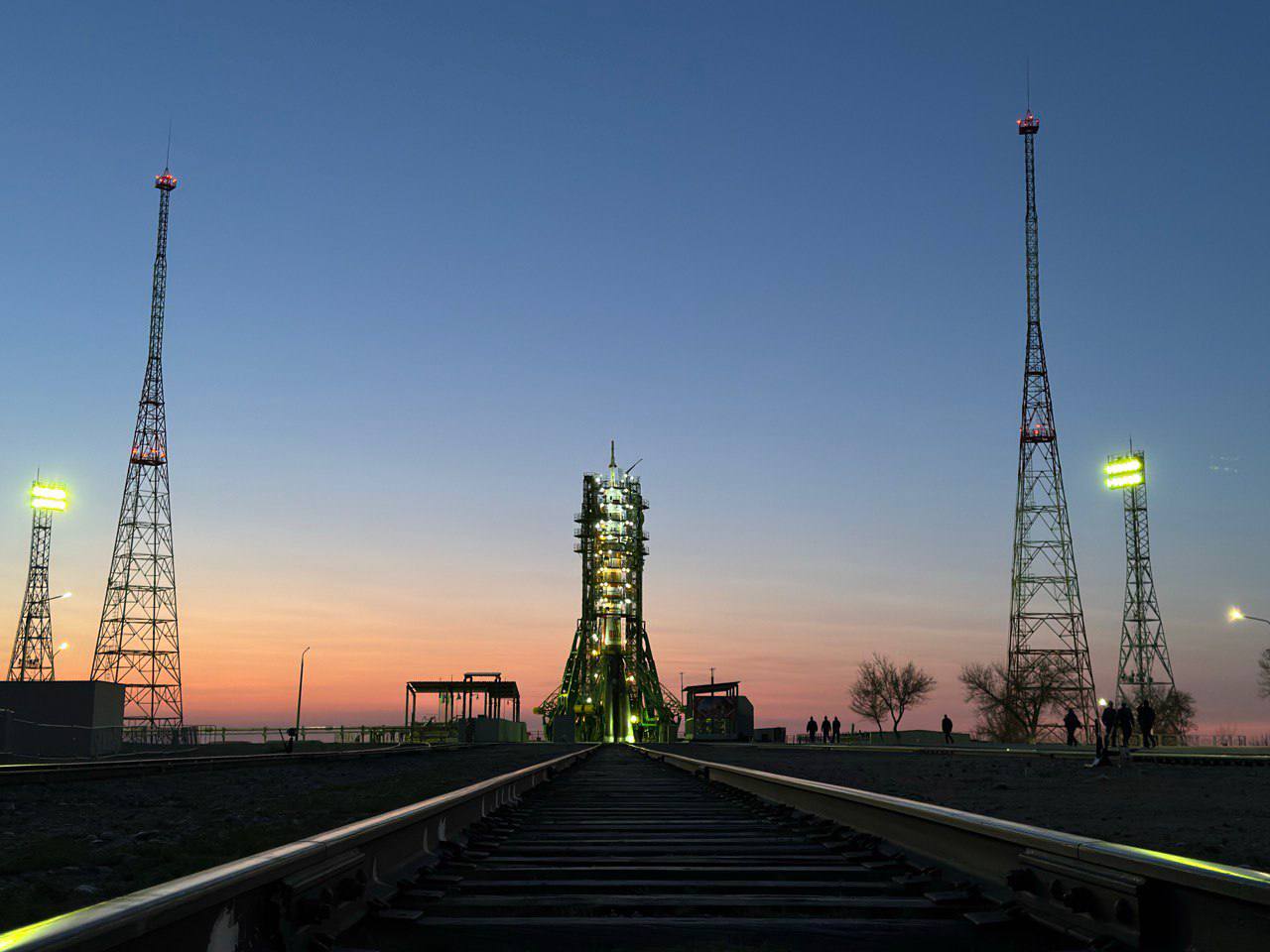Previous Spaceflight Launches
Filter by Agency, Locations or Vehicles
Show All LaunchesSoyuz 2.1b/Fregat-M | AIST-2T 01 & 02
Progress Rocket Space Center | RussiaVostochny Cosmodrome, Siberia, Russian Federation
Dec. 28, 2025, 1:18 p.m.
Status: Launch Successful
Mission:
A pair of Russian optical Earth observation satellites built by the Progress Rocket Space Centre for obtaining stereo images of the Earth's surface, with maximum resolution of 1.2 m in panchromatic mode and a swath width of 32 km. 50 small satellites will also be launched as ride-share payloads, including 3 from Iran.
Sun-Synchronous OrbitSoyuz 2.1a | Obzor-R No.1
Progress Rocket Space Center | RussiaPlesetsk Cosmodrome, Russian Federation
Dec. 25, 2025, 2:11 p.m.
Status: Launch Successful
Mission:
Note: Assignment of payloads to this launch is uncertain. The Russian Obzor-R satellite is a planned X-band radar earth observation satellite designed by TsSKB-Progress. In 2012, the development of the Arkon-2M radar satellite was stopped and instead the development of the Obzor-R was initiated. The satellite features the BRLK X-band Synthetic Aperture Radar as the imaging instrument with a ground resolution of 500 m.
Sun-Synchronous OrbitSoyuz 2.1a | Soyuz MS-28
Progress Rocket Space Center | RussiaBaikonur Cosmodrome, Republic of Kazakhstan
Nov. 27, 2025, 9:27 a.m.
Status: Launch Successful
Mission:
Soyuz MS-28 will carry three cosmonauts and one astronaut to the International Space Station aboard the Soyuz spacecraft from the Baikonur Cosmodrome in Kazakhstan. The crew consists of Roscosmos cosmonauts Sergei Kud-Sverchkov, Sergei Mikayev and Oleg Platonov.
Low Earth OrbitSoyuz 2.1b/Fregat | Glonass-K1 No. 18 (Kosmos 2595) & Kosmos 2596
Progress Rocket Space Center | RussiaPlesetsk Cosmodrome, Russian Federation
Sept. 13, 2025, 2:10 a.m.
Status: Launch Successful
Mission:
Glonass-K1 are the third generation of satellite design for GLONASS satellite navigation system. GLONASS is a Russian space-based navigation system comparable to the similar GPS and Galileo systems. This generation improves on accuracy, power consumption and design life. Each satellite is unpressurized and weighs 935 kg, and has an operational lifetime of 10 years. This launch also carries Mozhayets-6 (Kosmos 2596), a small experimental satellite built by the Mozhaiskiy Military Space Academy of St. Petersburg.
Medium Earth OrbitSoyuz 2.1a | Progress MS-32 (93P)
Progress Rocket Space Center | RussiaBaikonur Cosmodrome, Republic of Kazakhstan
Sept. 11, 2025, 3:54 p.m.
Soyuz 2.1b | Bion-M No. 2
Progress Rocket Space Center | RussiaBaikonur Cosmodrome, Republic of Kazakhstan
Aug. 20, 2025, 5:13 p.m.
Status: Launch Successful
Mission:
Bion-M is the next generation of Russian biological research satellites. While retaining the Vostok/Zenit-derived reentry module of the earlier Bion, the propulsion module has been replace by a Yantar type module, which provides maneuvering capabilities and longer mission support. The mission duration has been increased to up to 6 months by using solar cells for energy generation. The weight of scientific equipment has been increased by 100 kilograms.
Low Earth OrbitSoyuz 2.1b/Fregat-M | Ionosfera-M 3 & 4
Progress Rocket Space Center | RussiaVostochny Cosmodrome, Siberia, Russian Federation
July 25, 2025, 5:54 a.m.
Status: Launch Successful
Mission:
Ionosfera is a constellation of four ionospheric and magnetospheric research satellites developed by for Roscosmos for the project Ionozond. The satellites will operate on circular sun-synchronous orbits (SSO), at altitude of about 800 km and located in two orbital planes of two satellites each. The following science instruments are carried on the satellites: * SPER/1 Plasma and energy radiation spectrometer * SG/1 Gamma-ray spectrometer * GALS/1 Galactic cosmic ray spectrometer / 1 * LAERTES On-board Ionosonde * NBK/2 Low-frequency wave complex * ESEP Ionospheric plasma energy spectrometer * Ozonometer-TM Ozonometer * MayaK On-board radio transmitters * PES GPS-GLONASS device
Sun-Synchronous OrbitSoyuz 2.1a | Progress MS-31 (92P)
Progress Rocket Space Center | RussiaBaikonur Cosmodrome, Republic of Kazakhstan
July 3, 2025, 7:32 p.m.
Soyuz 2.1b/Fregat-M | Kosmos 2588
Progress Rocket Space Center | RussiaPlesetsk Cosmodrome, Russian Federation
May 23, 2025, 8:36 a.m.
Soyuz 2.1a | Soyuz MS-27
Progress Rocket Space Center | RussiaBaikonur Cosmodrome, Republic of Kazakhstan
April 8, 2025, 5:47 a.m.
Status: Launch Successful
Mission:
Soyuz MS-27 will carry two cosmonauts and one astronaut to the International Space Station aboard the Soyuz spacecraft from the Baikonur Cosmodrome in Kazakhstan. The crew consists of Roscosmos cosmonauts Sergey Ryzhikov, Alexey Zubritsky, and NASA astronaut Jonathan "Jonny" Kim.
Low Earth Orbit




